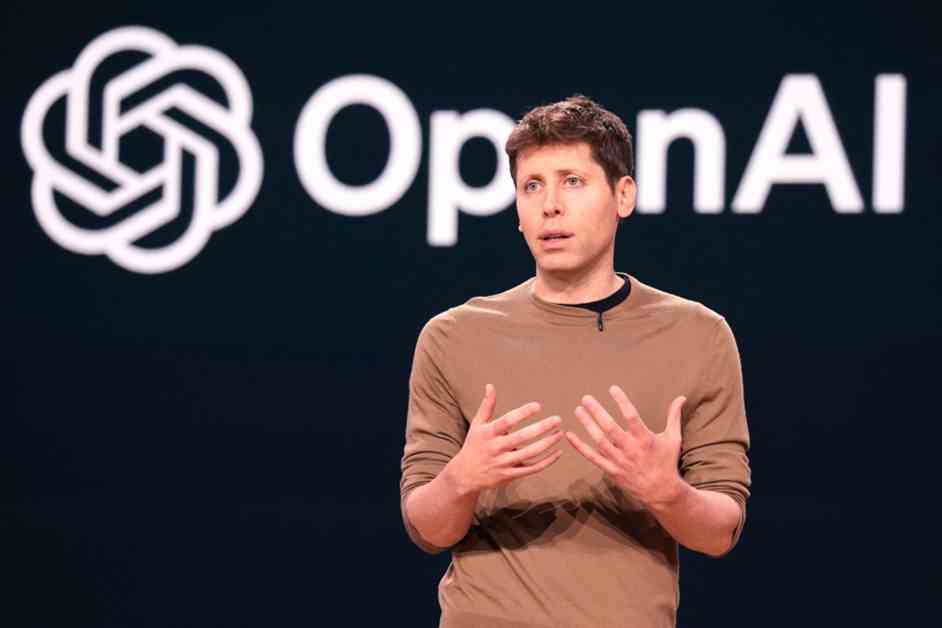OpenAI Faces Backlash Over AI Voice Generation
Paris – The process of generating voices for artificial intelligence (AI) applications has come under scrutiny after American actress Scarlett Johansson accused OpenAI of replicating her voice without her consent for ChatGPT.
Last week, Sam Altman, the CEO of OpenAI, apologized to the actress and announced the suspension of Sky, the voice in question. Johansson had declined to allow her voice, which she lent to an AI system in the movie “Her” a decade ago, to be used in the new version of ChatGPT.
OpenAI denied copying Johansson’s voice, stating that they had developed their tool using the voice of another professional actress. The ability of AI systems to mimic human voices has sparked concerns about hyper-realistic audio manipulation, fraud risks, and misinformation.
Eleven Labs, a startup developing voice cloning tools through AI, previously warned against the misuse of its software. Users on the anonymous forum 4Chan shared messages imitating celebrities’ voices to make them say racist, sexist, and homophobic content. In one instance, a fake Emma Watson read a passage from “Mein Kampf.”
The technology has advanced significantly due to an open-source program called Tortoise, launched two years ago by Danish entrepreneur Victor Riparbelli, the CEO of Synthesia. His company transforms text into videos with AI-generated avatars and hires actors under contract for voice and appearance.
Tortoise’s machine learning program analyzed thousands of hours of audio recordings, serving as the foundation for Eleven Labs’ application. OpenAI also uses similar programs, albeit undisclosed. With ChatGPT 4.0, users can input a few French phrases to the app, which can replicate the voice and narrate a short video in five languages, as demonstrated in Paris.
Numerous companies now offer voice cloning services, with advancements in realism and nuance. TALKR.ai, a French AI virtual assistant developer, could manage 25-30% of customer service calls without human intervention, according to CEO Katya Lainé.
Both Lainé and Riparbelli draw a line at using actors’ voices without consent. Riparbelli commented on Johansson’s case, stating that if her voice was imitated without her knowledge, it would be unethical. However, he noted that using a voice similar to someone’s could set an unusual precedent.




















